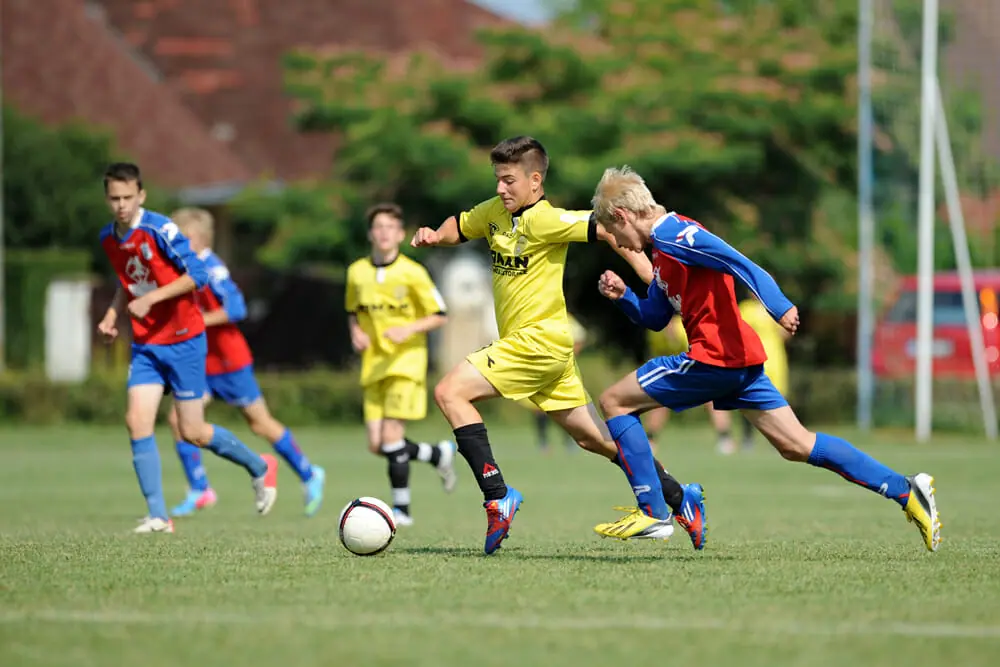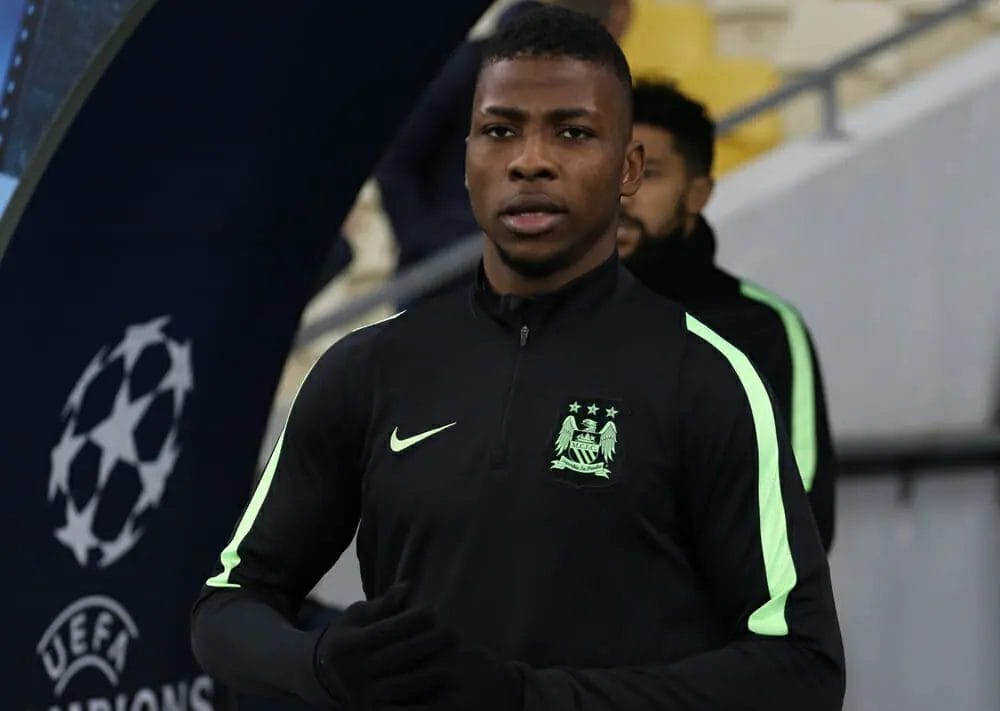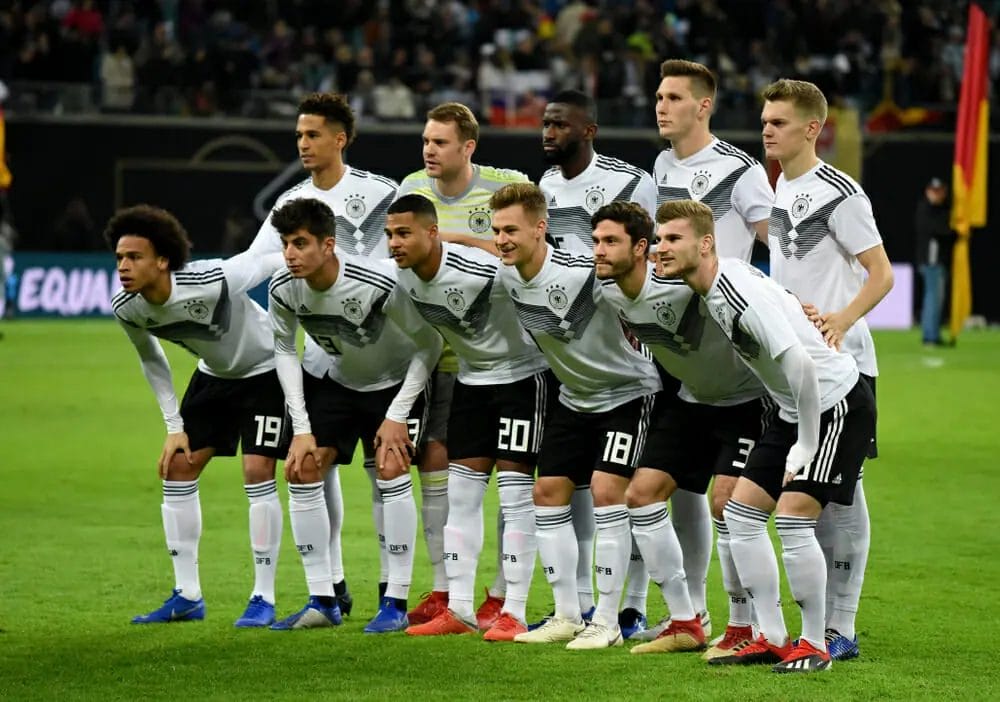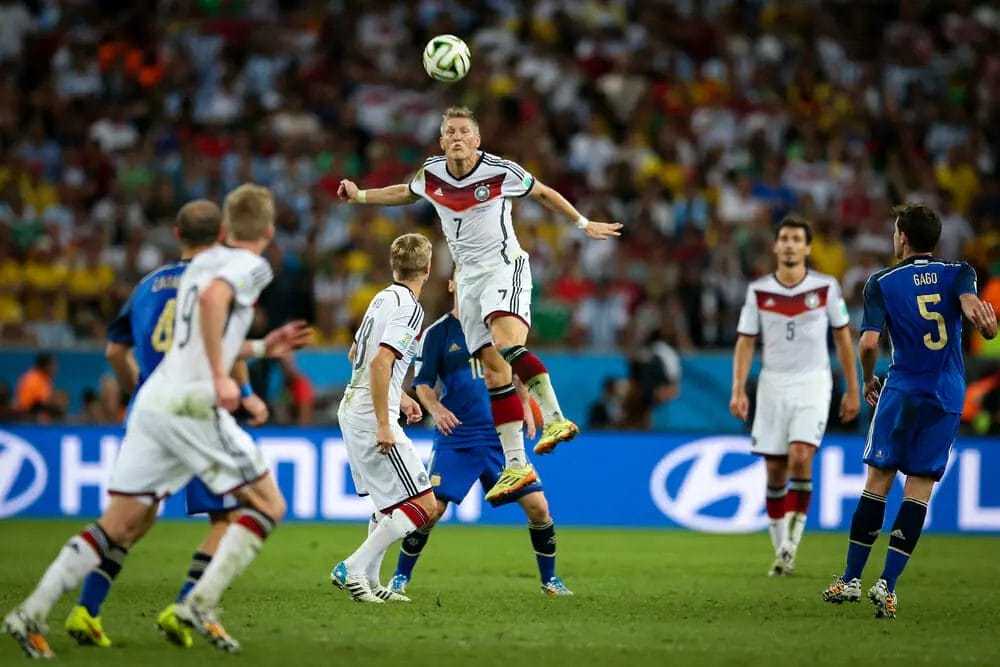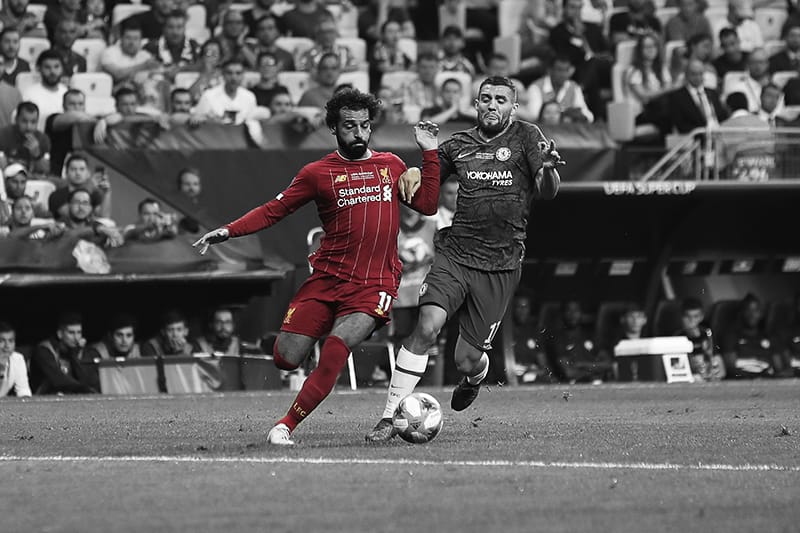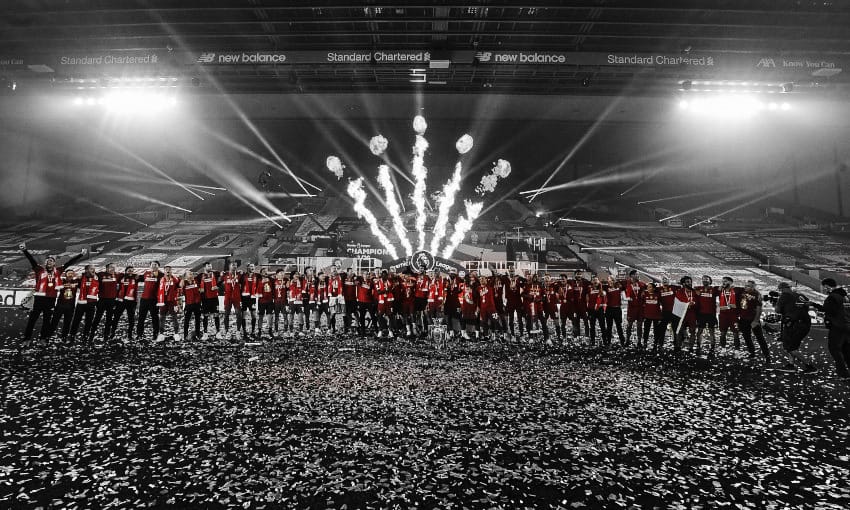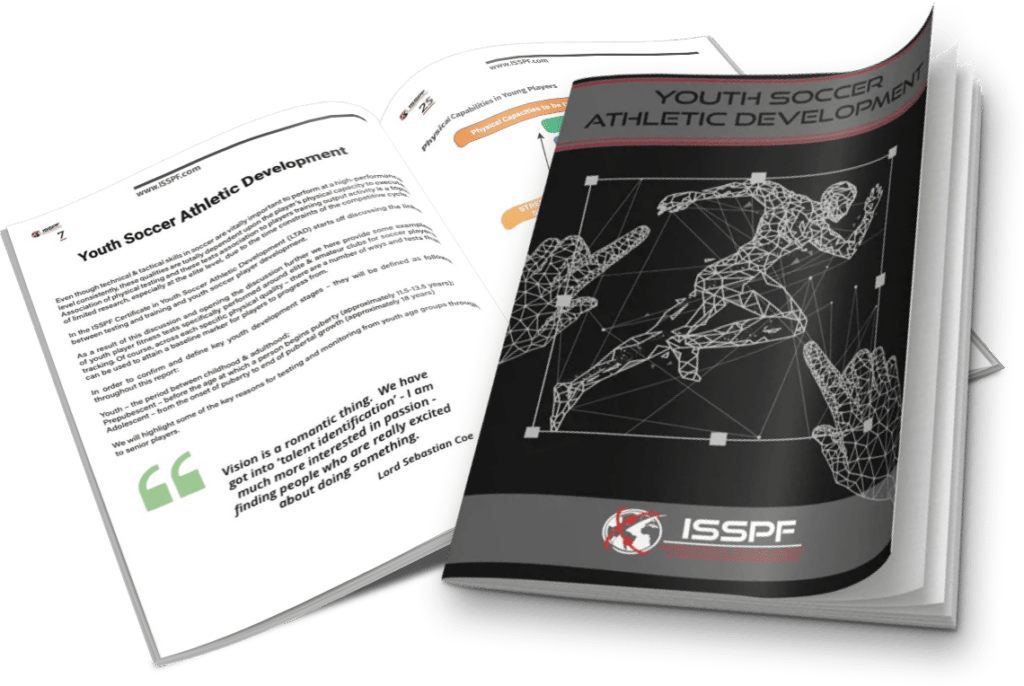We have all known players & even coaches who excel within the youth age groups but for some reason when exposed to the higher pressured environments and make the transitional step up into professional ranks, they never quite seem to be able to make the step up or adapt, performances fail them and then they fall out of love and out of the club!
Irrespective of the physical step up in intensity, demand, technical & tactical requirements of the next step, the psychological processes involved are regularly underreported leaving people underprepared to excel.
Case Study – Kelechi Iheanacho
Prior to this transitional change and progression in people’s careers, according to research in this key area of long-term player development, players have not only reported high motivation to be successful & succeed, but have also reported feeling of anxiousness about the transition to the senior or professional ranks. Post-transitional phase for these players, it was again reported through investigations that they felt more confident about their ability to succeed in the professional level amongst their peers.
Again, it was reported that they maintained high levels of motivation to succeed, however during this period, it was noted that family, friends, coaches, & teammates provided emotional & tangible support throughout the transition, but were also seen as sources of stress for players/athletes at this stage of the transition.
Nigerian goal scorer Kelechi Iheanacho is gaining a lot of attention recently having won the Premier League Player of the Month Award for March having had a scoring run across his last batch of games & having penned a new extended contract with the club.
Iheanacho is a great example of a player who has faced adversity and psychological transitioning phases since his performances for Nigeria in the 2013 FIFA Under 17 World Cup led to huge interest from clubs all across the world.
Moving from Nigerian academy to Manchester City FC after signing a pre-contract agreement previously not only did he have to deal with the transition across continents, cultures and languages – he was then faced with a new transition in making the step up to 1st team football & being sold on to another club, Leicester City where he is starting to flourish under his new coach Brendan Rogers.
When we discuss the development of players of all ages dealing with psychological transitions, Kelechi Iheanacho is a fine example.
The Change in Iheanacho
Brendan Rogers, a known coach with the huge pedigree of having developed and improved players at each of the clubs he’s worked at said;
“Since he’s played regularly & people can see what he’s capable of, he has very quickly won people over. Hard work, resilience and talent is a good mixture to enable him to evolve and continue to progress. What you are currently seeing with Kelechi is a young player at the top of his game.”
Furthermore, his international & Nigerian national team coach Gernot Rohr recently told reporters,
“I am very happy and very proud because he continues to work very hard even when he didn’t play….but now he had his chance and playing and scoring.”
With a growing focus on the successful transition of elite English team-sport athletes into first-team regulars, the lack of empirical research into the difficulties experienced, & the coping strategies utilized by these specific athletes is concerning.
Analysis of current trends has shown us the importance of psychological strength as a key psychological quality in a soccer player. The difference between great players & average players can often be seen in their mastery of the mental aspect & dealing with adversity.
Improving Mental States of Mind
Working on this aspect has therefore become one of the key pillars for development within the game alongside the technical, tactical and physical pillars in the long-term athletic development training sequence.
The development of an individual’s psychological strength, especially across youth players should be looked at similarly to that of a systematic & logical training program & must be integrated into the planning & organisation of their LTAD plan.
The objective of psychological development is to achieve the ideal performance state or develop an “individual energetic mental state”
Within the ISSPF online sport psychology course these concerns and issues are not only highlighted, but actually addressed through the fantastic work of Dr. Tanja Ecken who brings to the course not only excellent academic insights but really applied actions and experience from working across elite youth & senior German soccer players within the elite level Bundesliga competition.
Sharing her knowledge of developing players and enhancing psychological tools to maximise this area is a fantastic concept and a must have for all coaches, performance practitioners & individuals involved within the development of players or athletes.
This content is further exposed within the ISSPF Soccer Psychology & Mental Skills Training courses which ranges across Foundation, Intermediate & Advanced levels.
The Demand for Sports Psychologists is Rising
The demand for sports psychologists & mental skills training specialists with a focus on football science is growing year upon year. Thousands of students are leaving university with a sports science degree, however many of them ask the key question – What now? How do I get a job in football?
The bespoke courses developed by ISSPF Psychology Faculty members are a way of further exposing coaches of all levels and interests, sport science students, individuals working within the game & other football science enthusiasts with a thirst to develop further in this area.
It really is a perfect course to not only learn from world leaders in the area, understand the development & application within team sports, but also to be able to enhance your role & guidance as a coach, practitioner, performance or medical staff member.
The link below will take you to the accredited Sport Psychology & Mental Skills Training online sports science & sport psychology course, where you will be exposed to football science research and practical examples used within varying levels of team sports.
Sport Psychology & Mental Skills Training Course
How You Will Improve with this Course
- Understanding the key components of what drives coaches, players, & athletes to succeed is of paramount importance.
- Developing strategies in order to prepare individuals for both training & competitive games from a psychological perspective is of great benefit to coaches & practitioners.
- Coaches & performance practitioners can make huge advances in this under-applied area of coaching & sport science.
- This course is developed specifically to enhance the coaching & performance process.
- All practitioners & coaches can only benefit themselves & their players even further by having a more in-depth knowledge of applied psychology & mental skills training development.
- May help us to maximise our decision-making through a better understanding & appreciation of psychological & mental skill principles.
Who is this Course for?
- Coaches, physios, students & sport scientists tasked with the responsibility for the training & coaching aspects of both individual athletes or team sports.
- Individuals with an interest in developing their knowledge in the preparation, training & development of individual athletes or team sports.
- Sports psychologists keen to understand more about soccer science & football training.
Sport Psychology & Mental Skills Training Course
Share this article:
